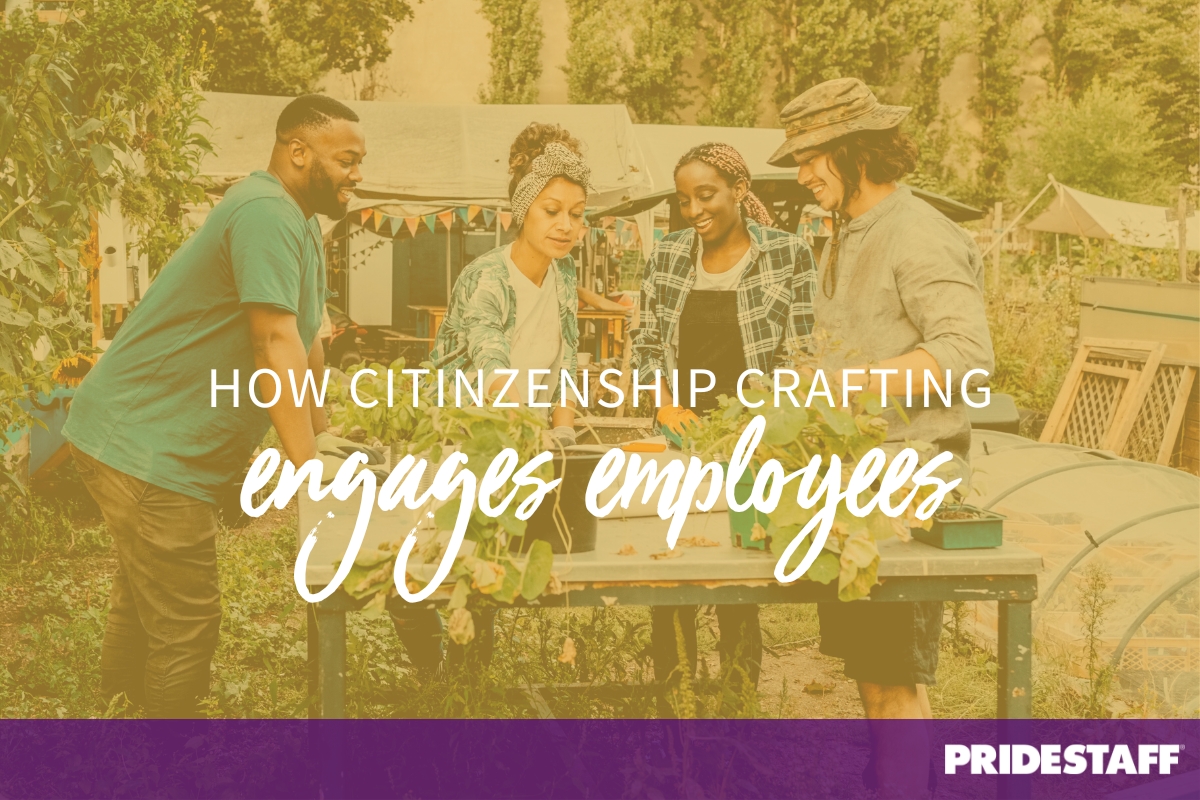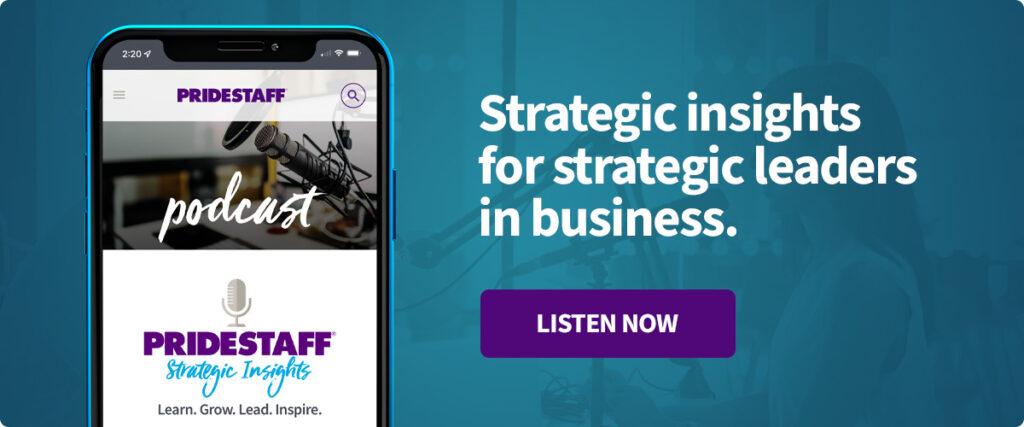Going Beyond the Job Description: How “Citizenship Crafting” Can Engage Your Employees

Do your employees do more than required by their job descriptions? Or do they perform their duties to the letter but lack the passion for contributing more to their roles?
Recent research suggests that when employees are motivated to go beyond their formal responsibilities and lead projects, coach coworkers, work overtime, and attend optional meetings, their companies are more productive and profitable—which makes sense. Companies will naturally benefit from their employees going above and beyond in their jobs, which researchers refer to as “citizenship behaviors.”
Citizenship behavior can have a positive impact on employees, helping them feel:
- More connected to their coworkers and peers
- Personally and professionally rewarded
- More energized and passionate about their work
However, “good citizenship” can also take a toll on employees, especially if they feel doing more than their scheduled tasks is required instead of optional. They may participate to “look good” or enhance their reputation—and feeling pressured can ultimately undermine their well-being and work productivity.
How can employers encourage engagement without exhausting their employees and damaging work culture?
“Citizenship crafting” has emerged as a way for employers to help workers align their voluntary contributions with their strengths, interests, and passions. Asking employees what kinds of citizenship behaviors they find most rewarding and then providing opportunities for them to participate in ways they find meaningful can have the following positive results for workers and businesses:
- Tasks that play into employees’ natural strengths are more enjoyable and cause less stress.
- Workers perform better when they are internally motivated.
- The workplace benefits from the diverse citizenship behaviors of unique employees.
- Managers can conserve resources and expend less effort externally motivating employees.
By acknowledging their employees’ strengths and appreciating them for their unique contributions, managers make employees feel seen—and valued, which leads to greater motivation to continue the behavior. For example, an introverted employee may prefer pitching in to stay late and finish a task alone rather than offer to train a new hire.
Giving workers the power to craft the ways they go the extra mile in the workplace can lead to higher productivity, better performance—and a more enthusiastic, authentically engaged workforce.
Looking to recruit engaged workers?
PrideStaff is a an award-winning, top-rated staffing and recruiting agency. Whether looking for temporary staffing support or workforce consulting, our team of highly experienced employment experts can help. Contact us today.
Related Posts:
Employee Engagement: 5 Key Benefits of a More Engaged Workforce
Employee Engagement: Identifying Three Categories of Employee Engagement




